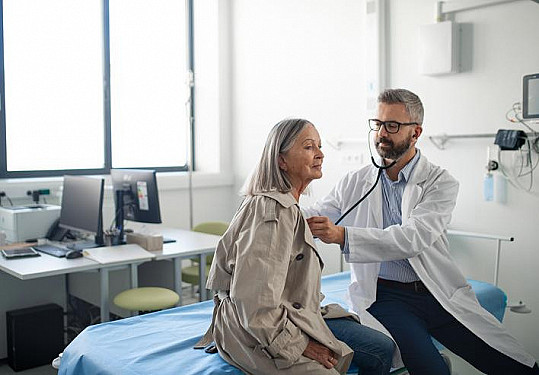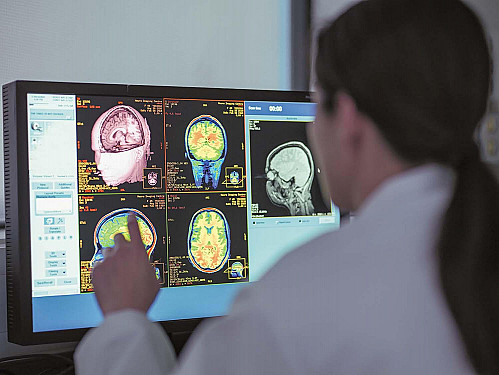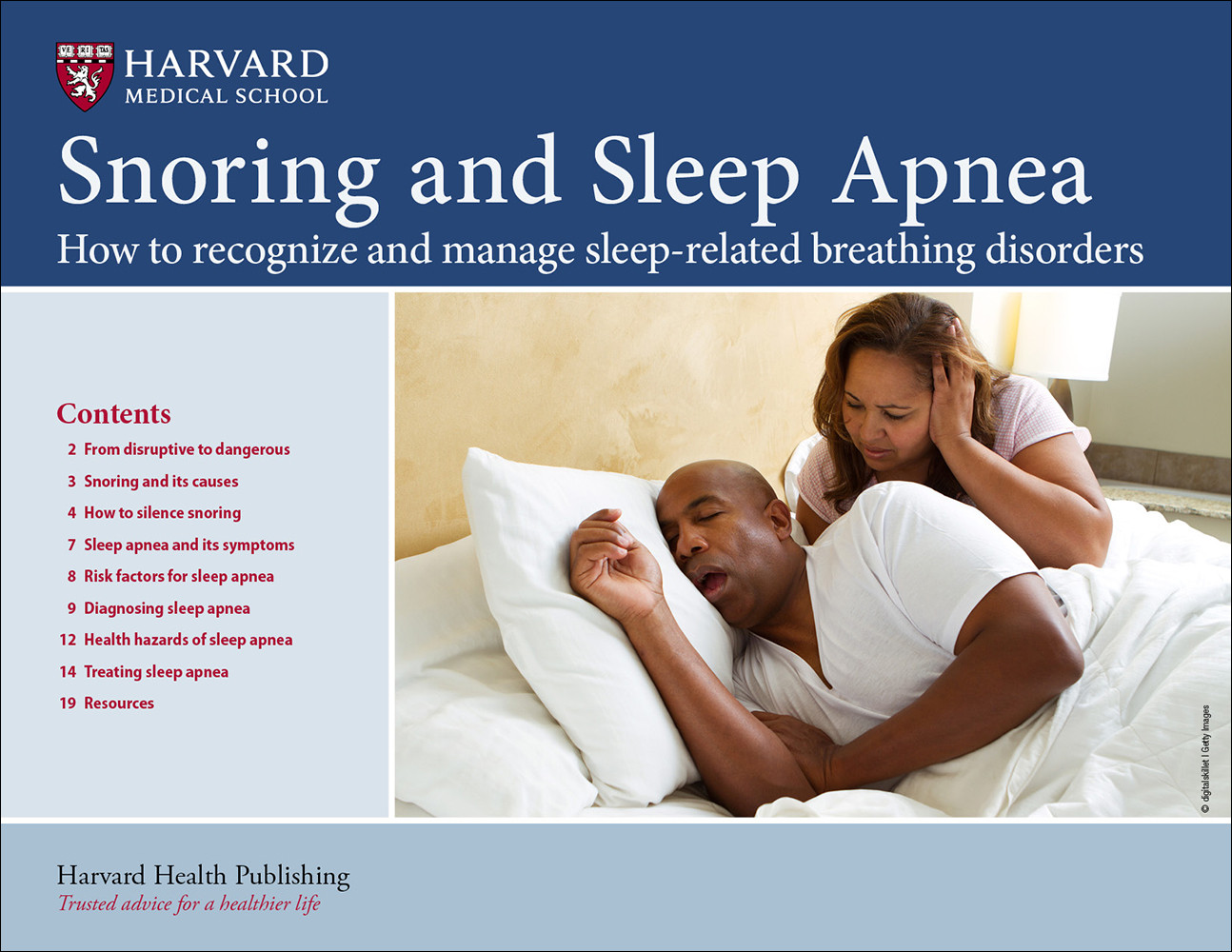Can your CPAP make you sick?

I keep hearing radio ads about high-tech cleaners for continuous positive airway pressure (CPAP) machines, which are used to treat sleep apnea. Bacteria and mold can accumulate in different parts of the device. Just the touch of a button, say the ads, and all undesirable organisms lurking in the CPAP pump, tube, and mask will be zapped into oblivion. Your CPAP system will be sanitized and ready for use while you sleep.
But can a CPAP system really lead to illness? And if so, do we need space-age technology to clean a CPAP machine?
Wait: What is a CPAP system and why is one needed?
A CPAP machine is one of the best treatments for people with obstructive sleep apnea, a condition that causes you to stop breathing periodically during sleep. The pauses in sleep occur when muscles in the throat relax so much that they block the airway.
CPAP keeps your airway open. The CPAP system consists of a small bedside pump that pushes a forceful stream of air through a tube and into a mask you wear while you sleep.
“People who use it feel much more alert, awake, and productive because they no longer have their sleep disrupted 30 to 100 times per hour,” says Dr. Lawrence Epstein, a sleep expert at Harvard-affiliated Brigham and Women’s Hospital.
CPAP is linked to many other benefits. It helps reverse the risks of sleep apnea, such as high blood pressure, an increased risk for heart disease and strokes, and weight gain.
And a study published online June 13, 2019, by The Lancet suggested that using CPAP reduces depression symptoms in patients who have sleep apnea and cardiovascular disease. “Anything that can improve sleep can improve mood, and if you treat sleep apnea, it improves mood as well. This is not the first study to demonstrate it,” Dr. Epstein says. “But this study shows that CPAP improves mood even in people with another serious health complication.”
The risks of dirty CPAP machines
Do CPAP systems really get dirty? Yes, they can harbor germs if they’re not cleaned. “The mask sits on the face, in contact with organisms on the skin. Over time, bacteria and oils on a dirty mask may give you a rash or infection on the skin,” says Dr. Epstein.
Another risk — one mentioned in some of those commercials — has to do with the bugs you may breathe in from a dirty water reservoir in the air pump. The water is needed to put moisture in the air you breathe through the mask. Otherwise, the air would be too dry.
“But if the standing water in a reservoir isn’t cleaned regularly, there is the potential for bacteria or mold to grow, which you could breathe in,” Dr. Epstein points out.
“Breathing in those organisms can make you sick or increase problems related to conditions such as asthma, reactive airway disease, or other lung conditions.” If you are frequently getting sick or your CPAP smells moldy, it could be a sign that the device is not clean.
Cleaning your CPAP machine
The good news is that it’s very unlikely you’ll get sick from a CPAP machine if you clean it regularly. Here’s how:
- Wash the mask, water chamber, and tubing in hot, soapy water every morning. Make sure to submerge the tubing so that water runs through it. Let all of the parts air dry.
- Once a week, wash the headgear and the filter, and soak the water chamber in a little white vinegar to prevent mold growth.
- If your machine has a disposable filter, change it every month.
Sound like a lot of work? That may be why CPAP cleaner commercials are getting people’s attention.
High-tech cleaners
Two types of sanitizing systems on the market enable you to simply place the CPAP parts inside a machine, hit a button, and let the machine do the work. One uses activated oxygen (ozone) to clean the CPAP parts, and the other uses ultraviolet light. Dr. Epstein says they appear to work. “But I am not aware of any comparative trials to say the machines are better than hand-washing,” Dr. Epstein says.
The major advantage is convenience, which comes with a price: about $250 to $350 for a machine. Is it worth the money? Dr. Epstein leaves that answer up to you.
But whether you buy a fancy CPAP cleaning system or use good old-fashioned elbow grease, the investment in cleanliness should pay off in the long run.
About the Author

Heidi Godman, Managing Director
Disclaimer:
As a service to our readers, Harvard Health Publishing provides access to our library of archived content. Please note the date of last review or update on all articles.
No content on this site, regardless of date, should ever be used as a substitute for direct medical advice from your doctor or other qualified clinician.
















